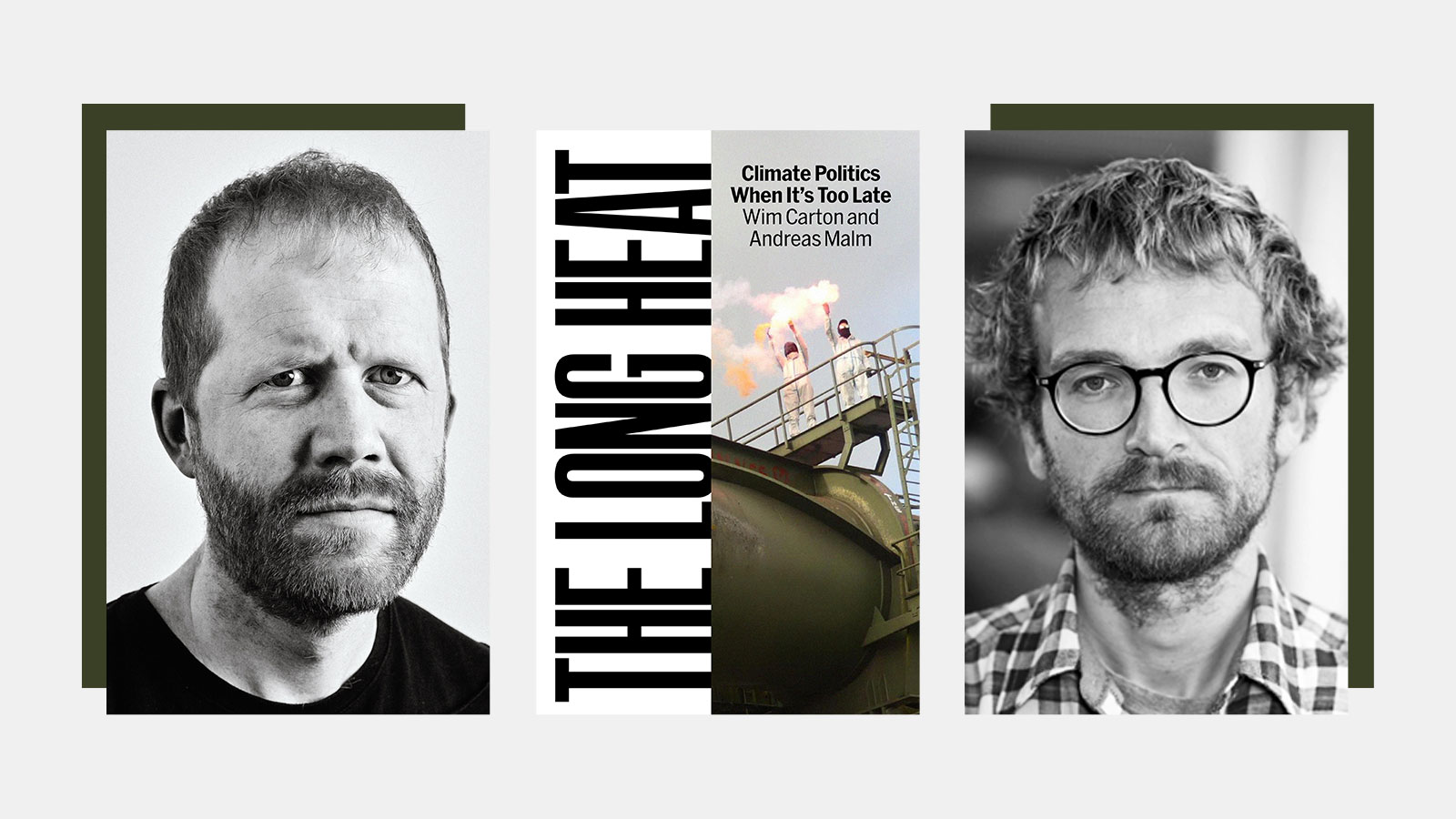Key insights
-
1
Critique of Climate Solutions
The book argues current climate solutions distract from reducing fossil fuel reliance.
-
2
Fossil Capital
Malm and Carton discuss the entrenched economic interests in fossil fuels.
-
3
Need for System Change
The authors advocate for dismantling fossil fuel infrastructure.
-
4
Adaptation vs. Action
Adaptation strategies may excuse inaction on climate change.
Takeaways
The authors emphasize that while the climate crisis is severe, there remains potential for transformative action.

